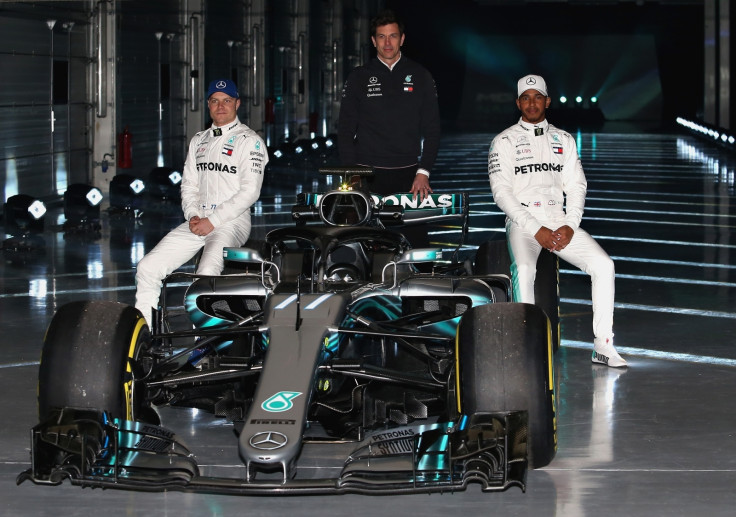'F1: Drive to Survive' season 3, episode 3 review: Valtteri Bottas is sick of being Lewis Hamilton's wingman
The Finn speaks up about his status as the "second driver" in Mercedes.
Much has been said about Valtteri Bottas and his role literally behind his teammate Lewis Hamilton. In "F1: Drive to Survive" season 3, episode 3, the Finn finally gets his chance to speak up and declare that no, he's not just rolling over to be the number 2 driver. In fact, He's out to get Hamilton.
Critics have been all over Bottas saying that he doesn't have the winning edge nor the desire to win. In this episode, he showed that he's willing to do what it takes to challenge Hamilton, even if it means upsetting other members of the Mercedes team.
Last season was monumental for Lewis, as he chased Michael Schumacher's records. As spectators, fans knew it was inevitable that he would equal and later beat the record for most number of Grand Prix wins, but it was good to see how hard Bottas actually fought to delay the feat. It was a futile effort of course, but the point is that this episode gave him a chance to make it clear that he wasn't happy to just let Lewis take all the glory.
"I just want to beat him," says Bottas, and it is heartbreaking to see how little support he gets from the team. Even as he won the opening Grand Prix of the season, Mercedes team principal Toto Wolff and the rest of the team looked almost gutted that Hamilton didn't win.
Nico Rosberg's cameo was also a welcome addition to this episode, as he spoke about how close he and Hamilton were as they were growing up. That relationship completely imploded when they drove for Mercedes. Wolff then said that it was "impossible to manage the animosity" between the two drivers as they competed for the championship during their time with the team. In the end, Rosberg quit the sport and abandoned the toxicity as soon as he won the championship in 2016.
The question is, are Mercedes deliberately favouring Hamilton to keep Bottas in a supporting role? Wolff himself called Bottas a "wingman," which didn't go down well with the Finn.
The episode also showed how annoyed Hamilton gets when his teammate isn't 100% behind him, yet he himself disobeys team orders when he is asked to help out the other guy.
This brings us back to the age-old debate in F1: Are team orders are justified to favour one driver over the other? When one is the obvious championship contender, no one seems to question the practice. But when both drivers are competitive, it then becomes a point of contention. Many teams have been accused of having toxic environments over the years, but whose fault is it really?
Any team will want two competitive drivers, but that leads to animosity in the garage. How can the team really manage it? When one is clearly better than the other, should the teams really be blamed if they make adjustments to favour the driver who has better chances?
Redbull for example, has been accused of mistreating second drivers in favour of Max Verstappen. The same has been said about Ferrari in the Schumacher era. Heck, it also happened when Charles Leclerc arrived and clearly outperformed Sebastian Vettel. Going a bit further back, no one can forget the Senna-Prost rivalry nor the image of Rubens Barrichello bawling his eyes out at the podium. Some situations get more attention than others but it's the reality of F1. At the end of the day, your teammate is your biggest competitor, and the teams have the unfortunate task of managing that situation.

© Copyright IBTimes 2024. All rights reserved.






